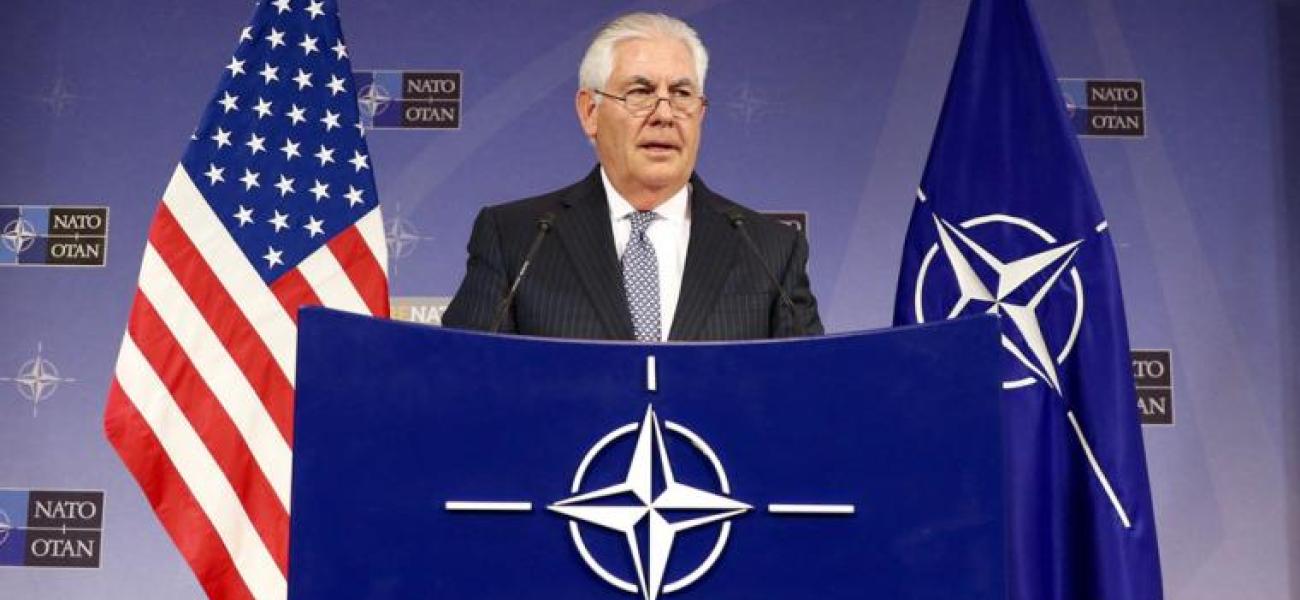
Is NATO Getting Too Big to Succeed?
This is a summary of an article originally published by the New York Times.
The author argues that cooperation between U.S. President Donald Trump and Moscow to stop NATO’s continued expansion would be a good thing. He writes that NATO’s practice of anchoring new democracies to the Atlantic community by absorbing them into NATO has backfired, such as Russian interference in Ukraine and Georgia when those countries made moves to join NATO. The author calls NATO’s steady march east “a recipe for a strategic train wreck” and suggests the Balkans as a “natural strategic boundary” for the alliance. This limitation would also help maintain the integrity of the alliance’s commitment to defense. Countries too close to Russia are too difficult to defend, making them an unrealistic commitment for NATO. This would put Georgia, Ukraine and others in a “strategic gray zone.” The prospect of a NATO membership “only fuels false hopes” and incites Russian interference. However, strings would be attached to NATO’s non-expansion: Moscow would need to reciprocate the gesture by ending the conflict in Ukraine, resolving other frozen conflicts and de-escalating tensions with NATO.
Read the full article at the New York Times.
Charles Kupchan
Charles Kupchan is a professor of international affairs at at Georgetown and a senior fellow at the Council on Foreign Relations.

